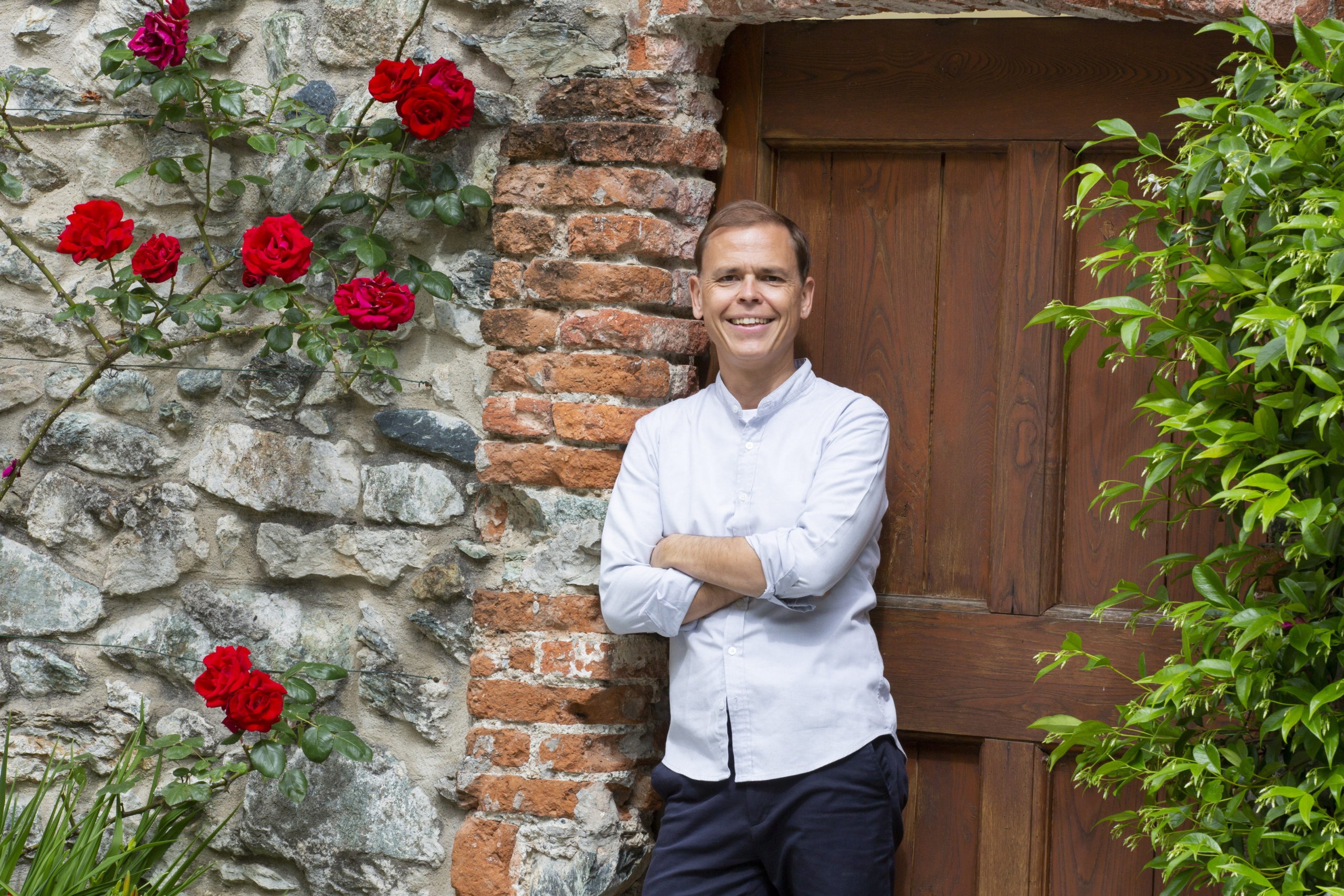EUKI Interview: Recapping the Launch of the Climate Bridges Network at the Western Balkans EUKI Networking Conference
by Julian-Maximilian Dreyer & Levin Kettler, GIZ / EUKI
In order to strengthen the dialogue and cooperation between civil society and local and national policy makers from the six Western Balkan countries, Germany, and other neighbouring EU Member States, the EUKI Academy hosted the Western Balkans EUKI Networking Conference on 25-27 September 2023 in Tirana, Albania. Jakob Dietachmair (Director at CIRPA International Lab) joined the conference on site and hosted a launch event for the new Climate Bridges Network established by his EUKI project Climate Bridges. We talked to Jakob about the mission behind the newly founded network, next steps, and his experiences from Tirana.

Jakob Dietachmair is Director at CIRPA International Lab. He is an expert in managing EU funded projects, including development, implementation, and closing. Furthermore, Jakob has gained lots of expertise in the mobility sector with a focus on commuter mobility and sustainable tourism.
With his EUKI project Climate Bridges, Jakob is forming a climate action network in the Western Balkans (Climate Bridges Network) to advance transnational climate policy in the region.
Jacob, what is the mission behind the newly founded Climate Bridges Network?
As the International Commission for the Protection of the Alps (CIPRA), we have decades of experience in building, maintaining, and working in international networks. The added value is always the exchange and mutual understanding of each other, also across hierarchies, roles, and borders.
Through our Climate Bridges project, we see that structural cooperation between Civil Society Organisations (CSOs) and policymakers at the international and national level in the Western Balkans still has potential. The aim of the Climate Bridges Network is therefore to strengthen the international cooperation of CSOs in the region, but also to promote cooperation between CSOs and policy makers. To overcome challenges such as climate change and the biodiversity crisis, it is crucial to overcome borders, share resources and cooperate. This can be achieved by fostering and building trust between CSOs and policy levels through dialogue formats and joint projects. This is exactly what the Climate Bridges Network wants to offer.
During the launch event, participants discussed what steps the network would have to take next. What did you take away and what are your plans for the future?
The moderated discussion had mainly two goals.
As the Climate Bridges consortium, we were able to find out what the (potential) partner organisations think about the network, what risks they see, and what added value is associated with it. One finding is that the Climate Bridges Network needs to be seen as an influential network, e.g., by policy makers, in order to move things forward and to be heard as the voice of civil society. This can be achieved at the beginning through experienced members and consistent public relations work.
The next concrete steps are further network meetings where the next tasks will be defined step by step. It will also be necessary to discuss how the long-term financing of the network can be secured.
The second goal was for representatives of CSOs and politics from different countries in the Western Balkans to get to know each other, exchange ideas and develop initial ideas. It was nice to see here that the exchange also took place in the informal sphere, for example during the coffee and lunch break. Only by building mutual trust can successful cooperation be achieved.
Can you describe how working in your network might look like? For example, how often will you meet in future to achieve your goals? What are the challenges you regularly face?
The network is currently undergoing a creative phase of developing. It is crucial that the structures are not decided top-down by us over the network partners. Only through the joint development of working methods, statutes and decision-making bodies can trust be built through cooperation. The network will therefore be strongly community driven. As with any network, the challenge is to make the added value visible to all partners and to ensure continuity. This can only be achieved if committed partners are involved.
Based on the formal and informal discussions we had with the network, it has become obvious that the three main pillars of the network will be: communication, projects, and political work.
Where do you see the biggest potential for improving climate change mitigation strategies throughout Southeast Europe?
Improving climate change mitigation strategies in Southeast Europe presents various opportunities and challenges. Some key focus areas for improving climate mitigation include:
Energy Efficiency: Improving Efficiency in buildings, industry, transportation is still one of the most effective ways to reduce emissions. Strategies have to stress the potential and give clear guidance to the respective stakeholders.
Renewable Energy Development: There is significant potential for increasing the use of renewable energy sources, such as solar, wind and hydropower, whilst respecting the unique and rich biodiversity in the region. What we see is that mainly Bottom-Up initiatives on solar energy already show how it works. Their experiences need to be harvested and incorporated into strategies for further rollout.
International Collaboration: Collaboration with neighbouring countries is crucial. Cooperation can help leverage resources, share good practice examples and tackle transboundary environmental issues. Especially international organizations can support with experiences when drafting trans-national strategies.
Education and Awareness: Raising public awareness about climate change and its impacts is essential. Educating the public on sustainable practices and the importance of mitigating climate change can drive grassroots support and behavioural change.
Thank you for the interview, Jakob!
Are you interested in accelerating climate action with your own network or project? Read the financing information on the last call for project ideas to get an overview and learn how to apply for EUKI funding by following the link below.
